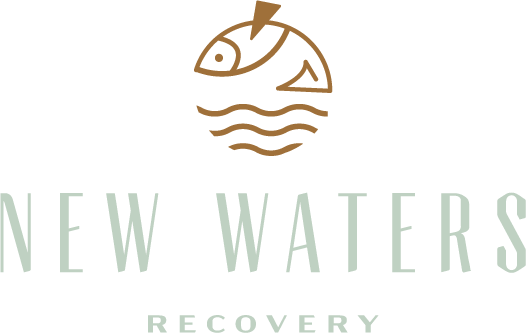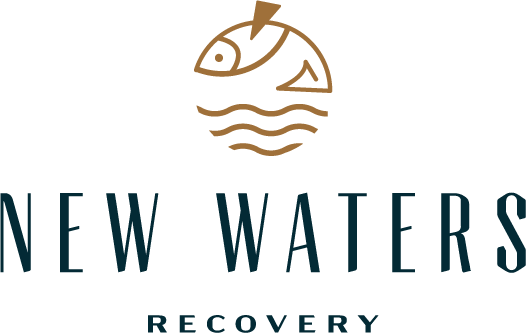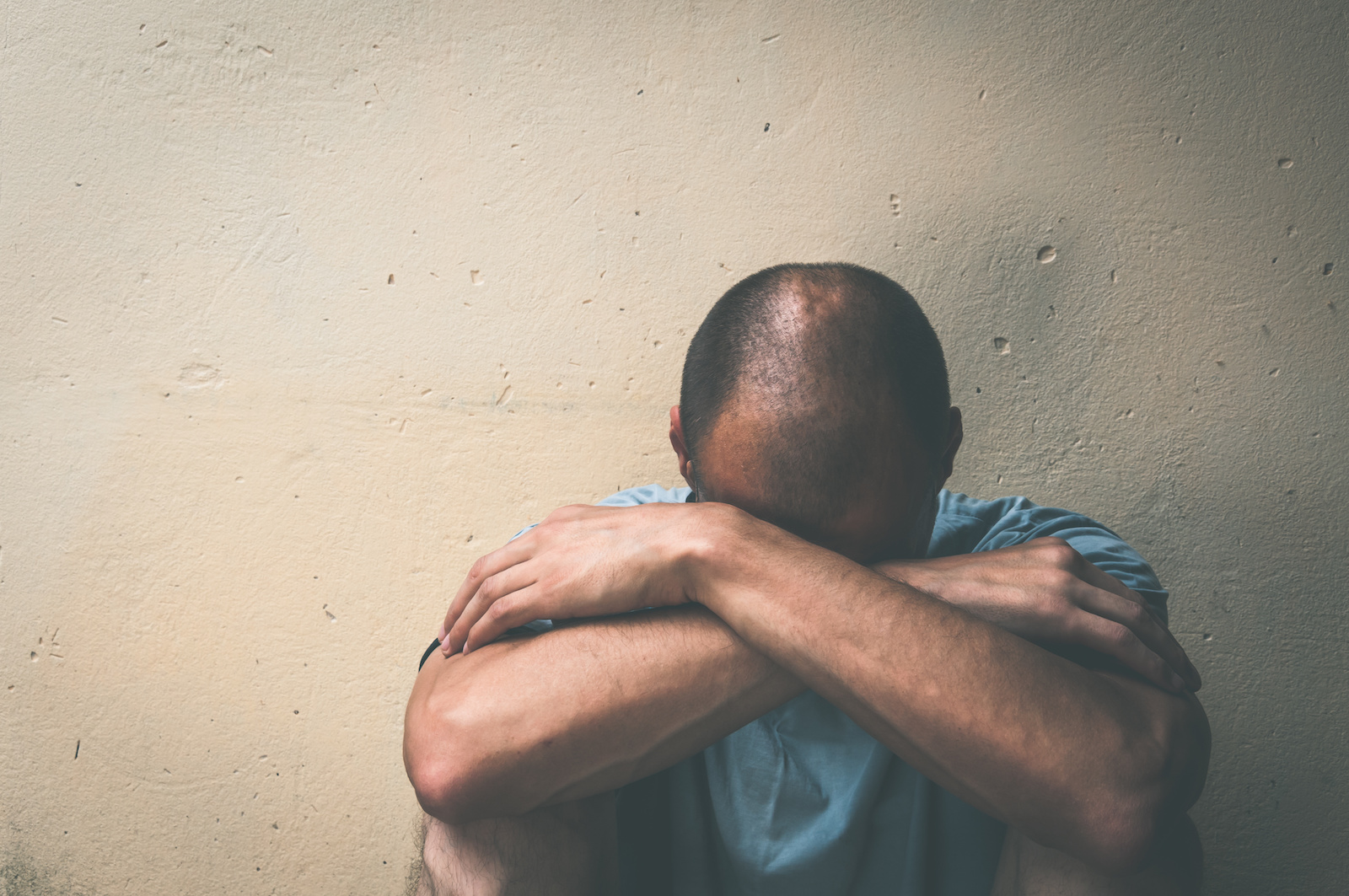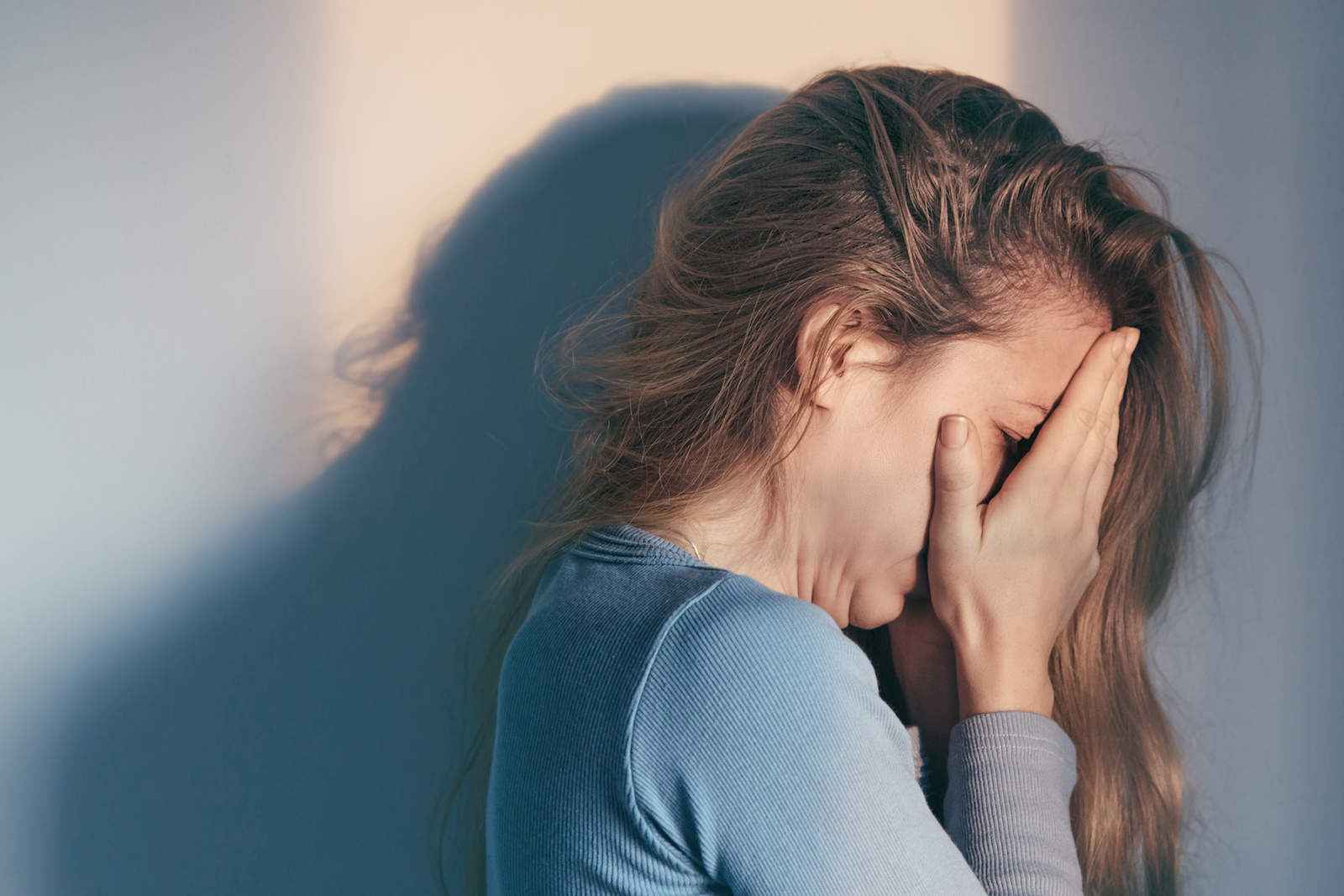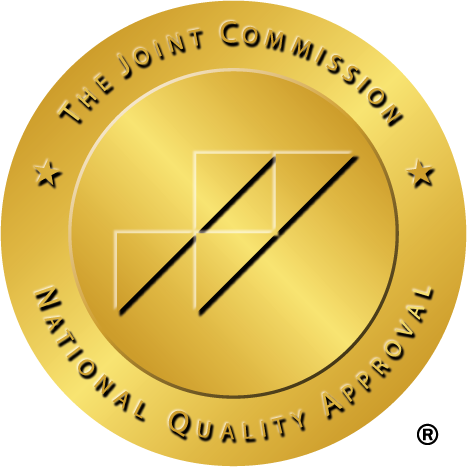Table of Contents
Schizophrenia is one of the most commonly misunderstood mental disorders out there, and also one of the most heavily stigmatized.
The reputation around schizophrenia can make it a very upsetting diagnosis to receive, whether you’re the one being diagnosed or one of your loved ones.
Unfortunately, schizophrenia also increases the risk of substance use disorders, and some substance use is also associated with an increased risk of developing schizophrenia. Understanding how schizophrenia interacts with substance use disorder, and why schizophrenia can lead to addictive habits, is critical for people dealing with schizophrenia as well as their loved ones.
It’s also important to know that there are different types of schizophrenia that lead to different symptoms and require different treatments.
If you’re looking to learn more about schizophrenia and how schizophrenia and addiction interact, you’re in the right place.
What Are The Different Types Of Schizophrenia?
There are 4 different types of schizophrenia that you need to know. Each type is slightly different in severity and symptoms, and treating the wrong type of schizophrenia can lead to problems.
- Paranoid Schizophrenia
- Catatonic Schizophrenia
- Undifferentiated Schizophrenia
- Schizoaffective Disorder
You and your entire treatment team need to be informed about the different types of schizophrenia, the specifics of your diagnosis, and what that means for you.
Let’s take a closer look.
Paranoid Schizophrenia
Paranoid schizophrenia is probably the type of schizophrenia most people have heard of, though they may not understand the symptoms or real meaning behind the term. If you’ve seen TV shows or movies that talked about schizophrenia, chances are they said that the person affected was a ‘paranoid schizophrenic’.
Unfortunately, the common understanding of schizophrenia is not very good, and many of the ideas about schizophrenia make it seem like people with the disorder are more likely to be violent and aggressive, which isn’t necessarily true.
Instead, paranoid schizophrenics likely have symptoms of fear and anxiety. They may have specific hallucinations or delusions that feed into their fear and motivate their actions, and they are likely to try and fit real-world facts and situations into those delusions.
However, not all people with paranoid schizophrenia have delusions. They might have general paranoia and worry, or might assign their paranoia to conspiracy theories or anti-government sentiments. Some people may worry that they are being tracked or monitored by the government or another large, sometimes mythical, organization.
People with paranoid schizophrenia may act oddly in other ways as well. They may display little or no emotion or may display emotion inappropriate to the situation. Often people with paranoid schizophrenia will display little enjoyment in life or may complain about their quality of life – even when they are living relatively well.
Catatonic Schizophrenia
Catatonic Schizophrenia is the second type of schizophrenia and is rarely if ever talked about outside of psychiatry and the inner circles of people dealing with the condition.
The key feature of catatonic schizophrenia is that the person with the condition will completely shut down. Often, they will display no emotion or facial expressions and may appear to be paralyzed. People with catatonic schizophrenia aren’t physically paralyzed, but they don’t have any drive to move or respond – or are unable to process stimuli in order to respond.
People with catatonic schizophrenia have no urge to eat or drink during episodes, and likely will not use the bathroom or attend to other physical needs either.
When episodes last for more than a few hours at a time they can become a medical emergency and require immediate care to help ensure the catatonic individual doesn’t suffer negative consequences as a result of their catatonia.
Undifferentiated Schizophrenia
Undifferentiated schizophrenia doesn’t generally have hallmark symptoms like the two types of schizophrenia we’ve already discussed. Instead, people with undifferentiated schizophrenia generally behave oddly, and may not care about or participate in social norms or self-care.
For instance, a person with untreated undifferentiated schizophrenia may go long periods without a bath or shower, and not understand why other people are distressed by their appearance or lack of personal hygiene.
Similarly, undifferentiated schizophrenics may fail to take care of themselves, including basics like eating and drinking. Many keep to themselves and rarely socialize. People with undifferentiated schizophrenia may also struggle to communicate, especially communicating their emotional state.
This type of schizophrenia may be more difficult to diagnose and may look like depression, agoraphobia, or anxiety to an untrained eye. However, proper diagnosis is critical to receiving treatment. Like other types of schizophrenia, undifferentiated schizophrenia can be treated and managed, usually with a combination of anti-psychotics and therapy.
Schizoaffective Disorder
Schizoaffective disorder is a distinct disorder that isn’t quite the same as schizophrenia. However, the two disorders are very similar, and most people consider schizoaffective disorder a type of schizophrenia unless they’re being very technical.
Schizoaffective disorder may be the type of schizophrenia that’s closest to popular conceptions of schizophrenia, unlike paranoid, catatonic, or undifferentiated types of schizophrenia.
People with schizoaffective disorder may have paranoia, delusions, and hallucinations like people with paranoid schizophrenia, combined with mood disorder symptoms that may mimic depression and anxiety.
Communication problems, bizarre behavior, and periods of extreme mania, and deep depression are also common symptoms of schizoaffective disorder.
Like other Cluster B disorders, schizoaffective disorder can be difficult to treat, and treatment often focuses on good management with medication, healthy routines, and therapy.
How Different Types of Schizophrenia Can Correlate With Drug/Alcohol Addictions
Now that you know a little more about the different types of schizophrenia it should make more sense that each type has different treatments.
What might be less clear is that each of these forms of schizophrenia can also have an impact on your risk of addiction, and on how you’re likely to react if you ever try illicit substances.
Up to 50% of people with schizophrenia also have some form of substance use disorder, and 70% use nicotine.
People with schizophrenia of all types may also be more likely to develop substance use disorders with the onset of disease. One of the reasons people turn to drugs and alcohol may be to escape the unpleasant feelings that come with the disorder. Others report that their symptoms seem easier to manage when they are using a particular drug or combination of drugs.
Common substances people with schizophrenia use include alcohol, nicotine, cannabis, and cocaine.
Cannabis may be particularly important when it comes to schizophrenia. There is a connection between cannabis use and the onset of schizophrenia, and using cannabis seems to be related to a higher risk of developing schizophrenia.
The exact mechanisms that connect cannabis use and schizophrenia aren’t well understood, but, likely, a combination of the drug’s effects on the brain and the individual’s neurochemistry and genetics are at play.
Despite the impression that drugs and alcohol help control symptoms, they can make the symptoms of schizophrenia worse over time. That can lead to a feedback cycle where the substance use makes symptoms worse and then you use more drugs and alcohol to try and deal with increasing schizophrenia symptoms.
That combination can make it more difficult to treat both the substance use disorder and schizophrenia and can make detoxing more difficult for people with schizophrenia. The combination of schizophrenia symptoms and withdrawal symptoms can be difficult to manage.
People with schizophrenia are more likely to need medical care when they are going through withdrawal and detoxing. Managing symptoms of both conditions, and minimizing discomfort is often key to successfully detoxing and starting on the path to recovery.
How To Get The Help You Deserve When Struggling With A Type Of Schizophrenia And/Or Substance Abuse
Getting help when you are dealing with any type of schizophrenia can be difficult. People with all four types of schizophrenia are less likely than people with other mental health disorders to realize something is wrong. People with paranoid schizophrenia or schizoaffective disorder may also think that any attempt to diagnose their behavior and moods are part of a conspiracy against them.
That makes getting help particularly challenging, and also means that the loved ones of people with schizophrenia of any type are especially important in this process.
Often you may need to seek out treatment options are care providers for your loved one with schizophrenia before confronting them about their condition – regardless of suspected substance abuse.
In some cases, it may be necessary to get wellness checks or other ways of bringing outside authority into the situation, especially in the case where an adult with schizophrenia is unwilling to commit to treatment.
People with schizophrenia are also more likely to need an inpatient rehabilitative or mental health facility, or a facility with dual purposes to help them recover.
Finding a facility isn’t too difficult. A search online or a conversation with your medical provider should give you several options. Check with your insurance company to see if there are any covered treatment programs for schizophrenia or substance use disorder. Programs that handle both conditions are especially effective.
Once you’ve found a facility you’ll need to go through a screening process to make sure you, or your loved one, are a good fit for the program.
Assuming you are a good fit, there may be a short wait to start the program. Rehabilitation and mental health facilities often operate at capacity, which means treatment may have to wait until a bed is available.
Other programs or support networks may be available during the waiting period.
If you’re looking for a mental health and rehabilitative facility for yourself or a loved one with diagnosed or suspected schizophrenia or substance use disorders, New Waters Recovery may be able to help. Contact us to learn more about our available programs and whether New Waters is the right facility for you.
Sources:
New Waters Recovery has strict sourcing requirements, relying on sources from scholarly research and peer-reviewed studies, as well as those from medical associations. We keep away from using third-party references as our sources. In order to learn more about how we choose our sources and our sourcing guidelines, please reference our Editorial Policy.
- Cleveland Clinic. What Are The 6 Types of Schizophrenia And How Do They Affect You? Published July 28, 2022. Accessed August 2, 2022. https://health.clevelandclinic.org/types-of-schizophrenia/
- Mayo Clinic. Schizoaffective Disorder- Mayo Clinic. November 9, 2019. Accessed August 2, 2022. https://www.mayoclinic.org/diseases-conditions/schizoaffective-disorder/symptoms-causes/syc-20354504
- National Library Of Medicine. Substance Abuse In Patients With Schizophrenia. Published March 8, 2006. Accessed August 2, 2022. https://www.ncbi.nlm.nih.gov/pmc/articles/PMC3181760/
- Hamilton I., Monaghan M. Cannabis: Increased Schizophrenia Risk In Young People Linked To Both Low And High Use. Medical Press. Published January 26, 2022. Accessed August 2, 2022. https://medicalxpress.com/news/2022-01-cannabis-schizophrenia-young-people-linked.html
- Smith, K. Schizophrenia And Substance Abuse. PSYCOM. Published October 2, 2020. Accessed August 2, 2022. https://www.PSYCOM.net/schizophrenia-and-substance-abuse
New Waters Recovery Editorial GUIDELINES
At New Waters Recovery, we take your health and wellness seriously. We have a thorough process in place to ensure the integrity of information that is displayed on our website. All content published to our site undergoes a rigorous medical review by a doctorate level clinician to ensure medical accuracy. Read More About Our Process
